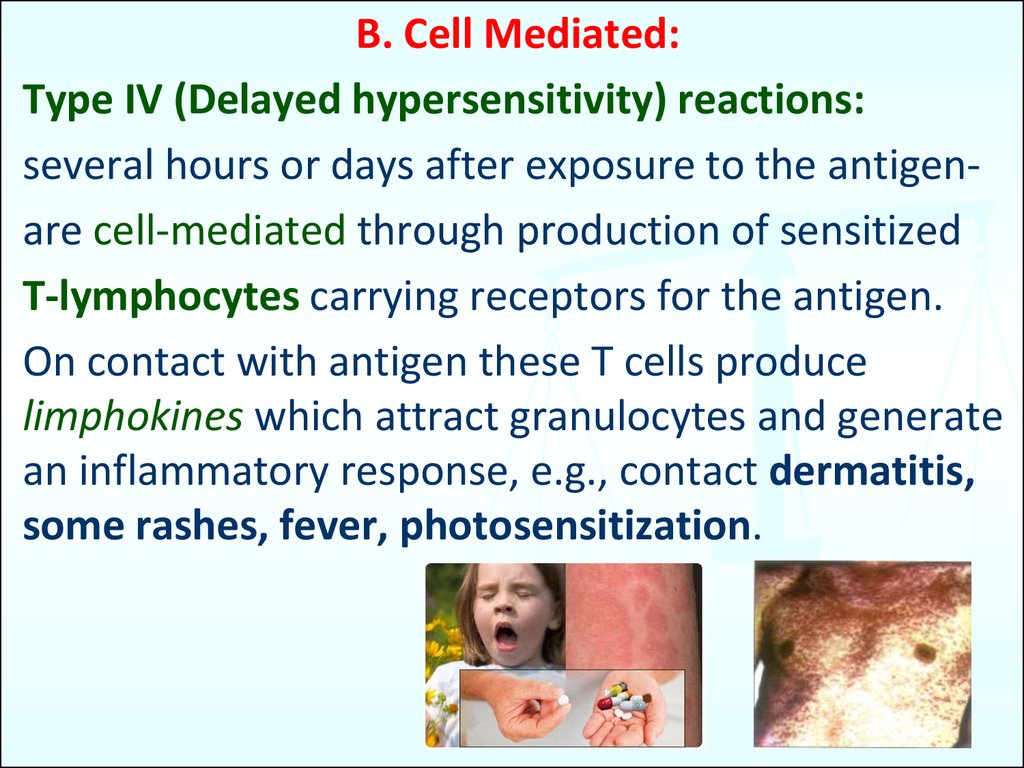
A drug allergy is simply a form of an adverse physical reaction to certain medications. There are many types of allergic reactions to medications, from immediate and delayed allergic reactions to immunosuppression. Immediate allergic reactions (hypersensitivity) usually occur when the medication goes into your body right away. Some medications cause immediate allergic reactions, such as epinephrine for anaphylactic shock.
The cause of this allergy is unknown. All are commonly classified as systemic or local allergies. The most common type of drug allergic reaction is a systemic reaction.
Some drug reactions can affect organs other than those affected by the drug. If a person is allergic to the drug but is not allergic to the drug itself, they may be at risk of damage to other parts of the body, especially the liver and kidneys. When a drug reaction occurs, it can cause serious harm to the body. Anaphylaxis, for example, is an example of this.
Allergic reactions to certain medications can cause symptoms that mimic many other conditions, including asthma, anaphylaxis, and hives. These symptoms can also cause serious health problems such as pulmonary embolism and aneurysms, which can sometimes be fatal.
Most drugs carry some type of warning about their allergic reactions. You should check with your doctor, as well as read the package insert so you will know what to expect from the medications you take. However, if you take one particular drug for a long period of time without causing any problems, you may not even be aware that you have a reaction.
The most common medication used to treat allergic reactions is Advil (Advil, Motrin, Aleve), but there are a few others as well. It's important to talk with your doctor about which medication you're using.
Other medications can treat drug allergies, but they also have side effects that are similar to the ones caused by the drug. For example, ibuprofen is used to treat anaphylaxis. in people who are allergic to aspirin. Other medications used in allergy relief include Ativan (Lortab, Motrin), Zyrtec (Abgenex), Motrin Maxil, and Ixium. Another type of medication used as an allergy reliever is cortisone.
The immune system can be impaired if the drugs that you use or the environment you live in contain pesticides, herbicides, metals, allergens, and antibiotics. These chemicals can affect the way that the body responds to the drugs and can lead to a drug allergy. These substances can also affect the way that the immune system reacts to the medicines that your doctor prescribes.
It's possible to develop a drug allergy without realizing it. For instance, if you take an antibiotic, the antibiotic can weaken the protective bacteria in your intestinal tract, allowing the body to become more vulnerable to infections. This is how an antibiotic allergy can occur.
However, there are some cases where medication will help the sufferer with their drug allergy. In this case, you may have to use a different type of medication or avoid the drug entirely. If you have a drug allergy to a certain drug, there are several ways that the drug itself can make the problem worse.
For instance, the medications in allergy relief can reduce the amount of antibodies that your body produces to fight the drug-allergy-caused allergic reaction. This may reduce the amount of anti-allergy substances that you have available in your body. These substances are produced by your immune system and help neutralize the effects of the allergens.
If your body has a shortage of anti-allergy substances, it can produce too many antibodies to fight off the allergens and the allergic reaction. If you have too much of these antibodies, the immune system has less to work with and can produce more of them to fight off the substances causing the allergy.
Your immune system may produce more antibodies that produce even more substances that produce a reaction that will create more allergy symptoms. This may also happen if your body is being stimulated by a substance like sugar, stress, or the sun.